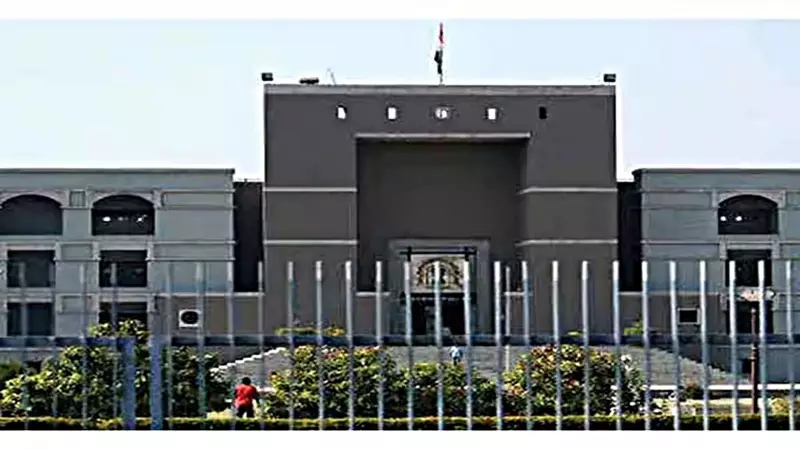
In a powerful stance reinforcing judicial independence, the Gujarat High Court has issued a crucial directive to all tribunals operating under its jurisdiction: stand firm against pressure and intimidation tactics employed by litigants.
A Judicial Shield Against Coercion
The significant observation came from a bench comprising Justice AS Supehia, who emphasized that tribunals must not yield to any form of coercion during legal proceedings. This directive serves as a protective shield for judicial officers facing aggressive tactics from parties involved in cases.
The Case That Sparked the Directive
The court's strong remarks emerged during proceedings where a litigant had reportedly attempted to intimidate a member of the Motor Accident Claims Tribunal (MACT). The High Court made it clear that such behavior is unacceptable and undermines the very foundation of justice delivery.
"Tribunals should not yield to pressure or intimidation by litigants," the court asserted, sending a clear message about maintaining the sanctity of judicial proceedings.
Reinforcing the Pillars of Justice
This directive serves multiple crucial purposes:
- Protecting judicial officers from undue influence
- Ensuring fair and impartial proceedings
- Maintaining public confidence in the judicial system
- Upholding the rule of law without fear or favor
Broader Implications for Indian Judiciary
The Gujarat High Court's firm position sets an important precedent for judicial bodies across India. It reinforces the principle that the courtroom must remain a space where justice prevails without being compromised by external pressures or threatening behavior.
This development comes at a time when maintaining judicial independence is paramount to ensuring that every citizen receives fair treatment under the law, regardless of their position or influence.





